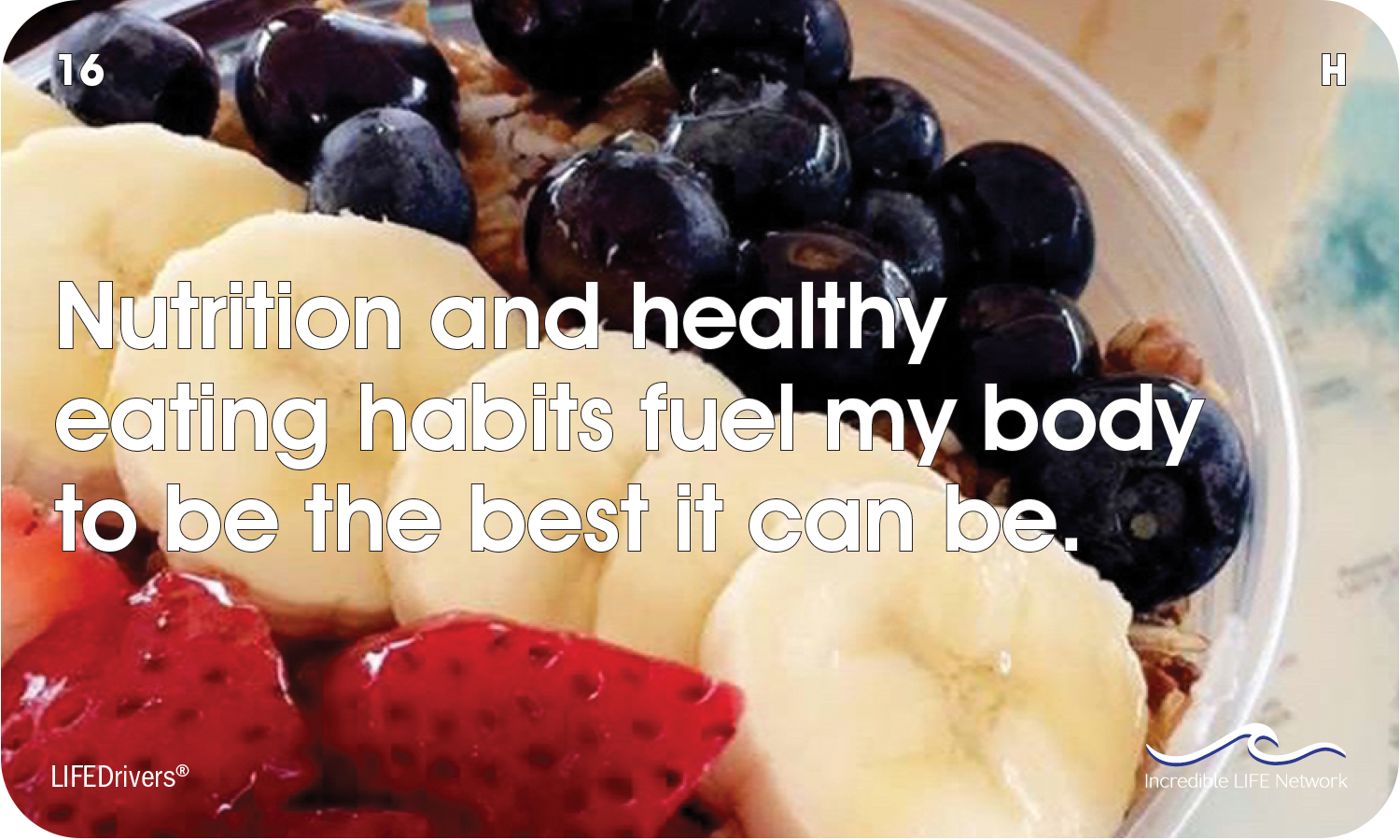Time: 1 Hour per week
STEP 1: Begin reading the ingredient list of the processed foods you eat throughout the day. Write it down for a week so you can gauge what your average sugar intake is each week and find areas where you can easily cut back. There are hidden sugars in SO many foods and drinks. From gluten free cookies, to pasta sauce, to your daily double chocolate mocha latte, you are ingesting a lot more sugar than you think or likely intend.
STEP 2: Once you’ve determined how much you are ingesting each week and/or determined how much you want to ingest on a weekly basis, start taking note of how much sugar is in the food your purchase. When grocery shopping, compare nutrition labels and purchase items with a lesser amount of sugar.
STEP 3: Make a list of products with less sugar so it will be easier for you the next time you’re at the grocery store. Oftentimes natural grocery stores will only carry items with less artificial sweeteners, lower levels of sugar, and less processed foods in general. If this is a financial option for you, do most of your grocery shopping at these stores. If not, select a few items from a natural grocery store and do the rest of your shopping at your local supermarket. Even this small change can drastically impact the amount of sugary foods you are purchasing.
STEP 4: Know that sugar and other ingredients may be called something different on your product labels…are you ready? Here is a list of common names that forms of sugar can be listed as (there are more than 50, but here are a few you’ll see more often): Glucose, fructose, sucrose, galactose, lactose, maltose, sucralose, high fructose corn syrup, corn syrup, corn sweetener, rice syrup, dextrin, dextrose, brown sugar, evaporated cane juice, cane crystals, erythritol, maltodextrin, sorbitol, barley malt, sorghum syrup. The fewer items you purchase that contain any of these ingredients, the better off you are.


